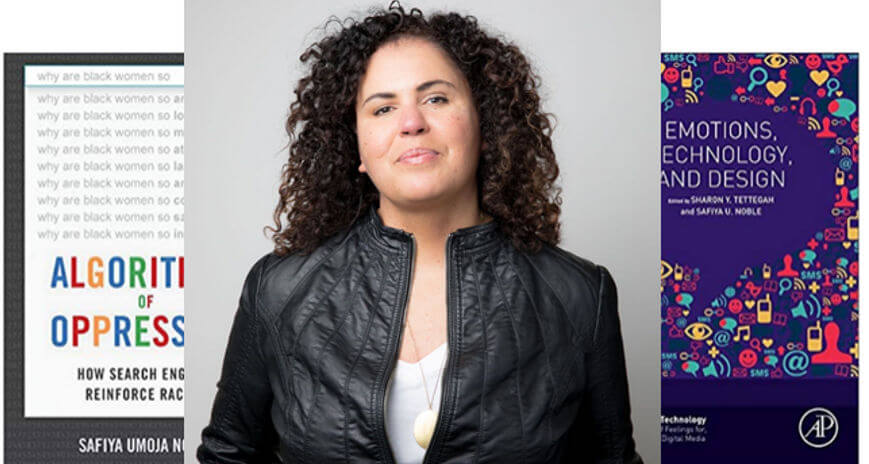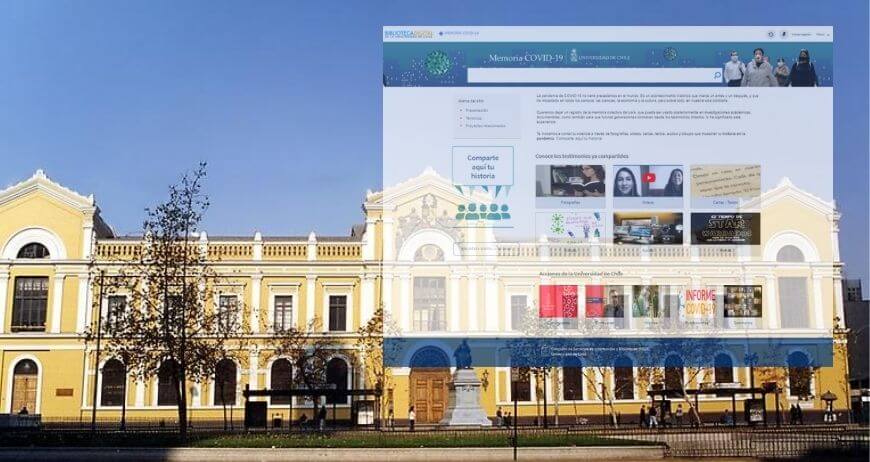By Beth McGough, Communications and Creative Services Manager
Kathy Chin Leong recently wrote for Fast Company about Google’s nine principles of innovation. These principles drive Google’s culture and successes from the revolutionary search engine to self-driving cars and virtual reality.
What can libraries gain from Google’s nine principles of innovation?
Innovation comes from anywhere
Who is coming up with new ideas in your library? The director, managers? What about the student workers, pages or circulation clerks? The workers on the frontlines can provide valuable insights and solutions to provide better service for patrons.
Focus on the user
Some librarians are guilty of focusing inward and creating webpages full of jargon or teaching researchers as if they too were librarians. Hyper focus on the user can solve these common missteps and improve the user’s experience.
Aim to be ten times better
“If you come into work thinking that you will improve things by ten percent, you will only see incremental change. If you want radical and revolutionary innovation, think 10 times improvement, and that will force you to think outside the box.” Kathy Chin Leong
Bet on technical insights
Take stock of insights about your library and users. Don’t be afraid to implement new services based on these insights. It could be revolutionary!
Give employees 20 percent time
This is a hard one for time-strapped librarians. But, even taking a little time to explore outside of one’s job description can result in inventive new services.
Default to open processes
Libraries are naturally open environments. Foster this open atmosphere to tap into your library users for great ideas.
Fail well
“Failure is actually a badge of honor,” [Google’s chief social evangelist, Gopi Kallayil] says. “Failure is the way to be innovative and successful. You can fail with pride.”
Have a mission that matters
Libraries have been practicing this principle as long libraries have existed. Kallayil affirms this is the most important principle.
This post was originally published on the ProQuest Blog
You might also be interested in

COVID-19
Librarianship
April 28, 2021 |
11 min read
Trends in Physical and Electronic Resource Usage in U.S. Academic Libraries

COVID-19
Librarianship
April 09, 2021 |
5 min read
National Library Week: Recognizing Libraries as a Reliable and Resilient Force

Alma
Librarianship
April 06, 2021 |
6 min read
Centralizing, Optimizing and Cutting Costs
Great library experiences start with software
Download whitepaper

Alma
Librarianship
March 09, 2021 |
7 min read
Finding the Best Integrated Library System for Small and Medium Library Collections and Management

Alma
Librarianship
February 16, 2021 |
6 min read
A Small Library Staff Can Do Much More Than You Think

Alma
Librarianship
November 11, 2020 |
5 min read
The Big Challenges of Small Libraries

Community
Librarianship
October 14, 2020 |
3 min read
Diversity, Equity and Inclusion: Dr. Safiya Umoja Noble Chats with Ex Libris

Alma
Primo
Community
COVID-19
Librarianship
August 13, 2020 |
2 min read
A Unique Approach to Memorializing 
